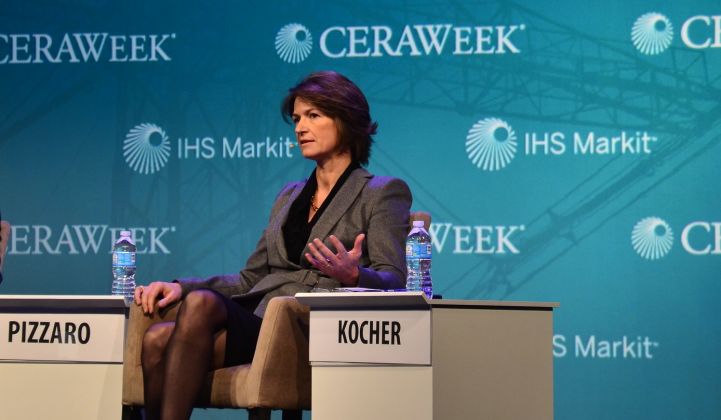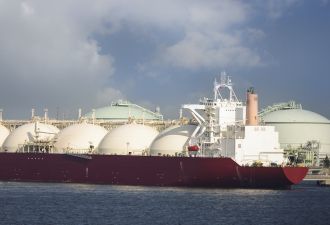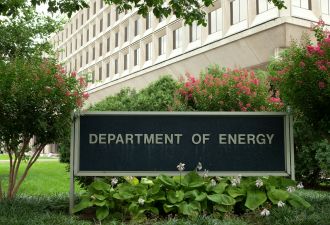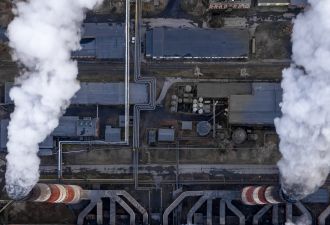France's Engie has aggressively pushed into renewable energy in recent years, but apparently it hasn't been enough for the company's board of directors.
On Friday Isabelle Kocher, the only female CEO of a blue-chip, publicly traded French company, was dropped by Engie, ending a period of speculation and rumor about her future. Her current term as CEO ends in May.
Even now, there are conflicting rumors about the reasons for Kocher's ouster at the energy giant, which is 24 percent owned by the French government.
In a statement, the board said that Engie needs to "take another step forward in its transformation and to deepen the strategy launched to make Engie a leader in the energy and climate transition."
But Kocher, an Engie veteran who took the CEO job in 2016, has not exactly been sitting on her hands when it comes to the energy transition.
Once the nation's gas monopoly, known as GDF Suez, the renamed Engie has made a number of significant investments in renewable energy projects and development platforms in recent years. By many measures, Engie's clean power portfolio and venturing activity compare favorably to its rivals in Europe.
Last year Engie committed to investing €12 billion into its ongoing energy transition efforts between 2019 and 2021. It is on track to develop 9 gigawatts of renewables during that period, the company has said, installing 1 gigawatt of renewables in 2018 and another 1.8 gigawatts in the first nine months of 2019.
In the U.S., Engie has acquired both developers such as Infinity Renewables as well as portfolios of projects, and it's a leader in the booming corporate renewables market — with Microsoft among its recent clients.
Earlier this year, Engie embarked on a global offshore wind joint venture with Portuguese utility EDP, with an initial development pipeline of 3.7 gigawatts. Engie is also actively building a customer base in Africa’s off-grid market.
Through its Clients Solutions business, Engie is also a major player globally in helping cities, companies and other entities set and achieve targets around energy and carbon emissions.
But multiple press reports have claimed the French government was unhappy with the prices Engie garnered for some of its fossil fuel divestments under Kocher’s leadership.
There's also been disquiet over the company's share price. While it now stands a little higher than when Kocher first took over, it remains sharply down from its pretransition levels in 2010.
News of the impending board vote triggered an unparalleled intervention for the boss of a major corporate. An open letter of support was published in a French business newspaper earlier this week and signed by figures across the business and political worlds, including the mayor of Paris, Anne Hidalgo.
Engie’s total generation capacity stands at 115 gigawatts, with coal accounting for around 4 percent. Installed renewables, including hydro, are around 19 gigawatts.
EDF, another former state monopoly turned renewables giant, had 12.5 gigawatts of renewables installed as of June 2019. Since its asset swap with E.On, RWE has 9 gigawatts of operational renewables and a huge 17-gigawatt pipeline.




